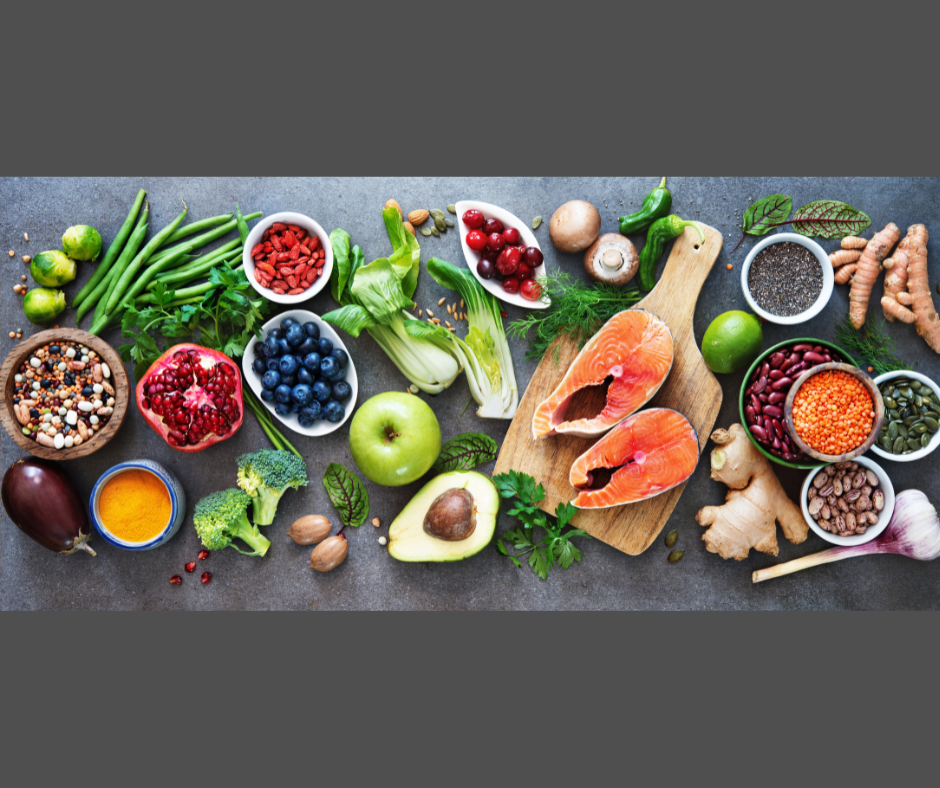Basic nutrition to support becoming alcohol-free
If you are thinking about quitting alcohol, it’s a good idea to do some preparation beforehand so you understand how you might feel, physically and mentally, when you stop drinking.
A handful of people start feeling great a few days into being alcohol-free but for most chronic drinkers, sobriety can be challenging in the early days. For some, there might be months or even years with periods of intense discomfort (known as Post Addiction Withdrawal Syndrome of PAWS).
Fatigue, mental fogginess, difficulty sleeping, depression, anxiety, trouble concentrating, and alcohol and / or sugar cravings are common symptoms when we quit drinking due to disturbances to neurotransmitter function and other physiological imbalances.
These are caused by:
1. Nutrient deficiencies: Many of us make poor food choices when we are drinking. And very importantly, chronic alcohol consumption alters essential micronutrient levels. It interferes with the digestion, storage, utilisation, and excretion of a variety of different vitamins, minerals and essential fatty acids.
Nutrients that are directly affected by alcohol consumption include:
The fat soluble vitamins A, D, E and K
B vitamins including folate
Vitamin C
Calcium, magnesium, iron, zinc and selenium
Omega 3 fatty acids
Choline
2. Damage to the gut: Even moderate drinking damages the gut lining which may lead to increased intestinal permeability (also known as leaky gut), and may cause gut dysbiosis (bacterial overgrowth). Our gut health affects every system of the body. Not only are the obvious symptoms like bloating, abdominal pain, constipation, diarrhoea, reflux, and excess wind linked to gut dysfunction, but also symptoms like fatigue, low immunity, anxiety, painful joints, increased food intolerances and low mood.
3. Hormone disruption: Chronic consumption of alcohol disrupts the communication between the nervous, endocrine and immune systems, causing hormonal disturbances that can affect the entire body. This may result in various disorders such as adrenal dysfunction, sleep problems, premenstrual tension, an increase in severity of perimenopausal symptoms, thyroid imbalances and mood disorders.
3. Disrupted brain chemistry: The brain is a major target for the actions of alcohol – it’s why we drink in the first place, to change how we feel. Alcohol interacts with serotonin, dopamine, GABA and acetylcholine receptors, leading to neurotransmitter imbalances. These imbalances give rise to feelings of discomfort and instinctively the brain will crave anything to corrects those imbalances.
There are ways, however, to ease the discomfort.
By paying attention to what and when we eat, and to what and how we supplement - by supporting these physiological imbalances caused by chronic drinking - we will make a big difference to how we feel as we recover.
4 things to focus on in the beginning:
Sort out the nutrient deficiencies caused by alcohol. Include protein (animal protein and / or plant protein such as beans, pulses, seeds, nuts, tofu etc); healthy fats (avocado, olive oil, oily fish etc); wholegrains; vegetables and fruit in your diet. I recommend a good quality liquid multivitamin in the early stages so that it’s easier for your body to absorb the nutrients, plus a good quality Omega 3 supplement.
Support your gut so you can digest and absorb the much-needed nutrients from your food. This means staying away from processed and sugary foods as much as you can, and gradually increasing the variety of plant foods in your diet. You may need more gut support further down the line, but I advise that you get these basics in place first.
Nourish your liver to support detoxification and elimination processes. Drink lots of water, and try a liver-supporting herb like milk thistle (it’s important that you check for interactions with medications before taking any supplements and herbs).
Stabilise blood sugar levels to help reduce cravings and support mood. Eat 3-5 meals per day, and avoid stimulants like coffee, sugar, and nicotine (easier said than done, I know…).
Once these basics are in place - which can take a few weeks or a few months, depending on where you are in terms of your health journey - then you can start looking more closely at what else can be done to support your ongoing mental, physical, emotional and spiritual health.
Dysregulated blood sugar levels will make it much harder to stay the course so it’s worth prioritising. And it’s no use chucking a whole lot of expensive supplements into the mix until your gut health is sorted out.
It can be tempting to introduce too much too soon (especially we all-or-nothing types) but if you take time to implement and embed changes in a step-by-step approach, you have a better chance of making them stick.

